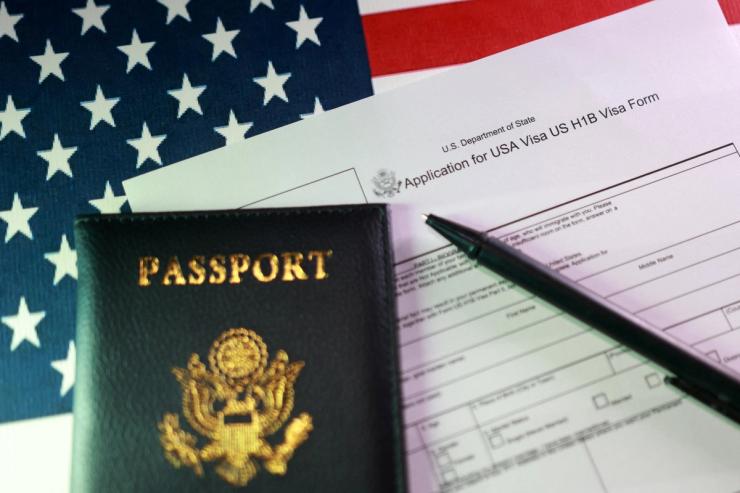Reed’s view
The conversation around H-1Bs is so colored by divisive politics and muddled by lobbying efforts that when the Trump administration announced a $100,000 fee for H-1B workers, it was treated as if it were just another anti-immigrant policy.
This is partly the fault of the administration, which didn’t clearly explain the policy or the broader strategy. But there’s also a problem with the way H-1B visas are issued in general. The program has been grossly abused by big consulting firms and used by tech companies and others to simply cut costs, rather than bring in top talent.
Critics of the H-1B program would like to see it go away entirely. But even with rampant fraud, the program has undoubtedly attracted talented engineers and entrepreneurs. Why kill it off entirely?
A $100,000 fee is an interesting idea. Any big tech company would gladly pay that fee to recruit someone who’s truly talented. On the other hand, it probably doesn’t make sense to pay if you’re just hiring run-of-the-mill coders somewhere in the middle of the US, where wages are a fraction of what engineers in Silicon Valley are paid.
The logic is that more deserving candidates would have their applications approved, which is how the system is supposed to work.
It’s not that the strategy is a sure-fire success. It might not work. But let’s have a real discussion and debate about H-1Bs, rather than trying to force it into the two-dimensional “Trump is bad” narrative.
In this article:
Room for Disagreement
The administration’s proposed levy is chaotic and poorly planned, longtime Silicon Valley investor Michael Moritz argues in the Financial Times. “Like other Trump schemes, this H-1B caper will backfire,” he writes, noting that US companies rely on foreign talent not to undercut American workers, but to fill critical skill gaps. He argues that restricting or overtaxing H-1B visas risks driving companies to shift operations overseas, depriving the country of innovation, entrepreneurship, and economic growth.
Notable
- Trump’s announcement of the levy sent some countries into a panic, with India, the largest beneficiary of the H-1B scheme, saying it could have “humanitarian consequences.”
- Other countries see the revamp as an opportunity to attract talent away from the US: The UK is reportedly considering slashing visa fees and fast-tracking applications for academics and digital experts, while China will introduce a new visa category to lure skilled workers in science, technology, engineering, and mathematics, for example.


